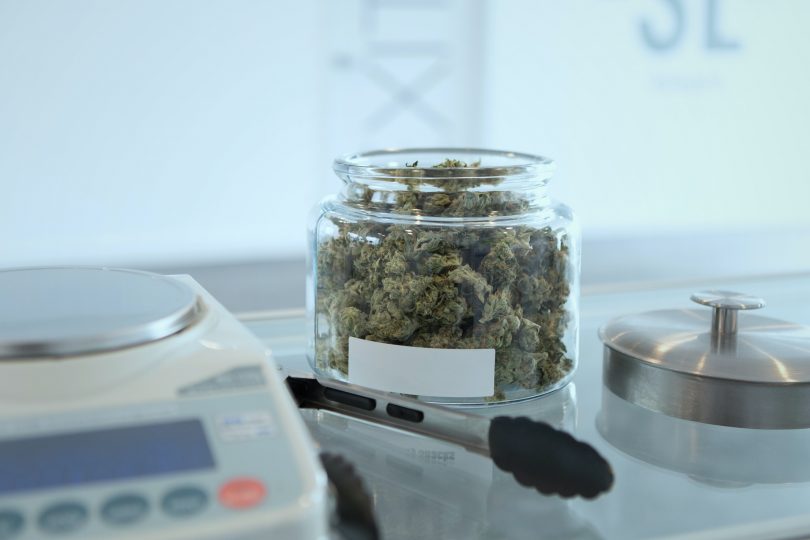Everyone is excited about the potential medical benefits of cannabidiol (CBD). A recent paper reviewed human clinical and observational studies on CBD dosage, effectiveness, and safety. [1] This review looked at twenty-five published trials from 2000 to 2019 that encompassed over 900 patients in five different countries.
CBD for Anxiety, Psychosis, Substance Abuse Disorders, and More
Positive effects of CBD were reported in the majority of studies evaluating CBD for anxiety, schizophrenia, and nicotine addiction.
Positive effects on par with an anti-psychotic were observed when CBD was administered to patients with acute psychotic symptoms. That said, CBD did not have a significant benefit for chronic schizophrenia patients also being treated with anti-psychotics. This could suggest that CBD is best used in early stages of schizophrenia. Here were the dosages and delivery methods used:
- Anxiety: 11 studies, 150mg to 900mg CBD isolate gel capsules
- Psychosis: 4 studies, 200mg to 1000mg CBD isolate gel capsules
- Substance Abuse Disorder: 2 studies, 200mg to 800mg CBD isolate gel capsules or 400 µg isolate vapor
Large single doses were effective for social anxiety. Additionally, in healthy subjects, small doses (16-32 mg) enhanced fear extinction.
A few studies looking at epilepsy, skin disorders, and adverse drug reaction following HPV vaccination supported the use of CBD.
CBD for Diabetes, Crohn’s Disease, and Ulcerative Colitis
Type 2 diabetes, Crohn’s disease, and ulcerative colitis were also topics of trials. These studies—only one trial for each condition—used CBD doses ranging from 20mg to 250mg per day for varying time periods. They showed minor or no effect from CBD treatments.
CBD Side Effects and Risks
CBD side effects of tiredness, diarrhea, and changes of appetite/weight have been described but are rarely severe. CBD is reported to have fewer and less severe side effects than traditional medications used to treat epilepsy and psychotic disorders. The authors emphasize, “In comparison to other drugs, a better side effect profile was presented.”
CBD Formulation and Delivery Methods
CBD isolate has a bell-shaped activity curve, meaning that it works best between low or high doses. Researchers believe that full-spectrum CBD has more dose-dependent activity due to the “entourage effect.” Since most studies use CBD isolate, they could be seeing inferior results compared to using full-spectrum CBD that contains additional plant compounds like terpenes and flavonoids. CBD dose can also differ based on delivery method. Tinctures, capsules, vapes, and topicals all have different activation times and dosing considerations. Oral CBD, in particular, is known for relatively low bioavailability.
Future CBD Research
Larsen and Shahinas [1] conclude their review by noting that these studies are a great start, but going forward researchers need to study larger and more diverse groups of people. They also recommend that studies consider full-spectrum CBD and other delivery methods.
Image: Add Weed on Unsplash
References
- Larsen C, Shahinas J. Dosage, efficacy and safety of cannabidiol administration in adults: A systematic review of human trials. J Clin Med Res. 2020;12(3):129-141. doi:10.14740/jocmr4090.










